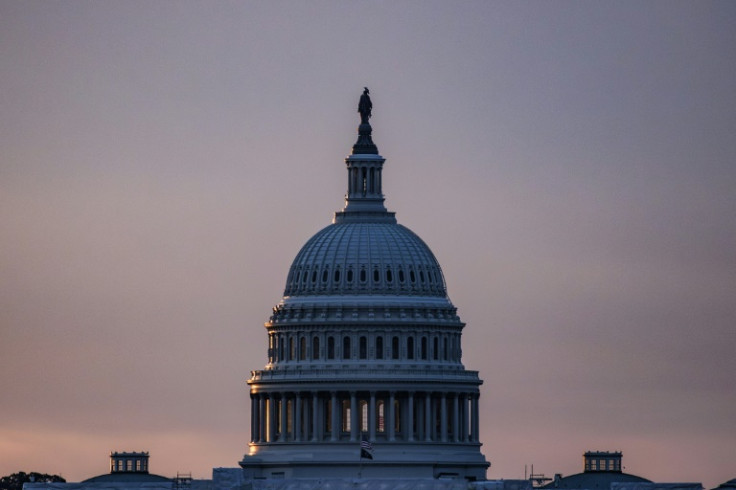Capitol Hill Races Against Time To Pass $1.2 Trillion Spending Bill, Averting Shutdown

The U.S. House of Representatives, under Republican control, and the Democratic-led Senate are poised to pass a monumental $1.2 trillion bill by Friday midnight, ensuring funding for government operations through September.
The bill's passage, if successful, would draw the curtains on a protracted battle spanning over six months regarding the extent of Washington's spending for the fiscal year commencing Oct. 1, ABC News reported. Failure to reach an agreement would trigger a partial shutdown, resulting in the furlough of thousands of federal employees across the nation and overseas.
Republican House Appropriations Committee Chairwoman Kay Granger lauded the bipartisan accord, emphasizing its prioritization of national security, Reuters reported. The bill, encompassing a vast array of agencies from the Department of Homeland Security to the Department of Justice, is anchored by an $886 billion allocation to the Defense Department, aimed at bolstering the nation's defense capabilities.
However, not all Republicans are embracing the bill with open arms. The hardline House Freedom Caucus has raised objections, citing extravagant spending, continuation of the Biden administration's border policies, and the inclusion of contentious earmarks.
The Senate, meanwhile, braces for potential hurdles as conservative Republicans contemplate delaying the bill's passage by pressing for deliberations on a slew of amendments.
Amid this legislative frenzy, another contentious issue looms large in Congress. Leaders urgently press for the swift approval of a $95 billion security assistance package for Ukraine, Israel and Taiwan. However, dissent within Republican ranks over continued support for Ukraine in its conflict with Russia threatens to impede progress on this front.
The specter of a government shutdown, a recurrent theme in recent political discourse, looms ominously. The last shutdown, under former President Donald Trump's tenure, underscores the potential ramifications of political impasse, with rating agencies cautioning against jeopardizing the nation's creditworthiness.
Should the government grind to a halt, repercussions would be felt across various sectors. While essential services like border security and tax processing would persist, federal workers, national parks, and even space missions aboard the International Space Station would bear the brunt of the shutdown.
As the clock ticks relentlessly toward the deadline, all eyes remain fixed on Capitol Hill, awaiting the outcome of this high-stakes legislative showdown.
© Copyright IBTimes 2025. All rights reserved.






















